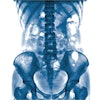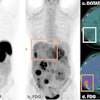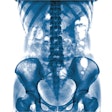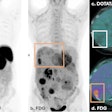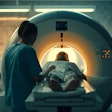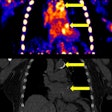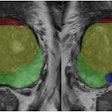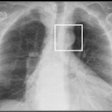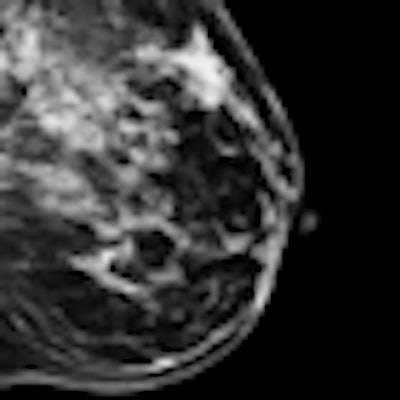
Distributing more careful and thoughtful patient information that clearly explains the pros and cons of cancer screening is necessary to increase compliance, according to a report published by the British Medical Journal (BMJ) on 6 August.
"There is a growing imperative to provide comprehensive and balanced information on the benefits and harms of cancer screening, in order to facilitate an informed choice," said Amanda Ramirez, director of Informed Choice about Cancer Screening in the U.K.
Up to now, the main aim of information about the National Health Service (NHS) cancer screening programs has been to encourage screening, while providing information on harms and benefits. The NHS commissioned Ramirez to lead an independent group of academics to consult on the new process for developing information on screening.
In 2011, Dr. Mike Richards, the national clinical director for cancer, announced there would be a new process for developing information on cancer screening for the public, patients, and health professionals because many said the current leaflets failed to promote informed choice. In 2010, NHS produced a leaflet on breast cancer screening that was declared a "disgrace" by critics who said the information was unbalanced, overestimating the number of breast cancer deaths saved by screening and failing to give enough information on the potential harms of screening.
After meeting with charities, health professionals, citizen advocates, and academics, Ramirez suggested providing a comprehensive and balanced information leaflet about the benefits and harms of screening in addition to the letter inviting a person for NHS cancer screening.
"The essence of the approach is something that has not been done before: separating the offer of screening from even-handed information," she said. "Until now they have been wrapped up together."
The information would acknowledge other drivers of decision-making and recognize not accepting the offer of screening is a reasonable choice, she added. The approach is based on the "consider an offer" model, which would offer people screening and explain the basis for the offer: that it reduces premature mortality from the cancer (or incidence, if relevant) at the population level. The information would also acknowledge there are downsides to screening and it is an individual's choice whether to undergo screening.
A separate leaflet developed by an independent academic group would accompany the invitation letter to provide balanced information to help promote an informed choice.
Ramirez's draft report is being circulated for comment, and the committee will make its final recommendations later this year, according to the BMJ. Once the approach has been agreed upon, new materials will be produced on breast cancer screening and once-only flexible sigmoidoscopy for colorectal cancer screening, followed by new leaflets on screening for ovarian cancer and fecal occult blood testing for bowel cancer.

